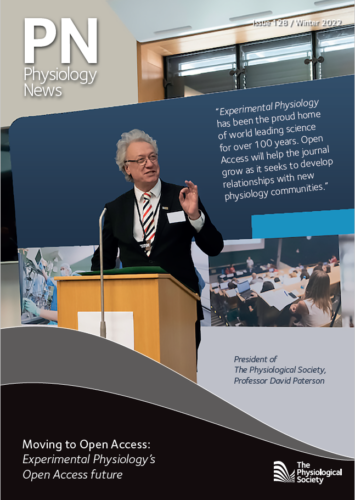
Physiology News Magazine
Sharing physiology stories with the community to unravel the mysteries of the body
Members reflect on their time serving on the Editorial Board for Physiology News
Membership
Sharing physiology stories with the community to unravel the mysteries of the body
Members reflect on their time serving on the Editorial Board for Physiology News
Membership
https://doi.org/10.36866/pn.128.40
Physiology News Editorial Board members
With one year ending and the dawn of the new year awaiting us on the horizon, it is the perfect time for reflection. As 2022 draws to a close, it marks a period of change for our Editorial Board. We must bid farewell to a few of our members who will sadly be stepping down after their years of dedication, working behind the scenes to shape and develop the captivating research, discoveries, and member stories we present to you every quarter.
We would like to say a huge thank you to Havovi Chichger, Ronan Berg, Dervla O’Malley, Philip Lewis and Michael Preedy. Before they finish their term and new members take up the baton, here are a few highlights they wish to share of their experience and time working on the magazine.
Dr Havovi Chichger
Anglia Ruskin University, UK

What inspired you to study physiology and pursue a career in it?
Understanding why things function the way they do and how we can study it. It is interesting to see how we can use this information and turn it into a way that helps public health, whether that is through treating disease, sport science or nutrition. It all comes from physiology.
What do you value most about being a member of The Society? Which member benefits have you found most useful over the years?
It is so great to be part of a collection of physiologists, whether they are anatomists, sports scientists, clinicians or cell biologists. Every time I attend a Physiological Society event (a meeting, workshop, committee or panel), I meet a different type of physiology enthusiast with a passion behind their membership and a physiology story to share!
What is your favourite Physiology News article?
That’s a tough choice but it has to be the article in the Issue 123 September 2021 (Equity, Diversity and Inclusion Special Issue). We had a fantastic feature article called “Nothing about us without us” (https://doi.org/10.36866/pn.123.24) about how our current understanding of physiology does not take account of transgender health. This is not something that is often discussed or considered in the field and so I thought it was a really informative and an important article to bring the conversation to physiologists.
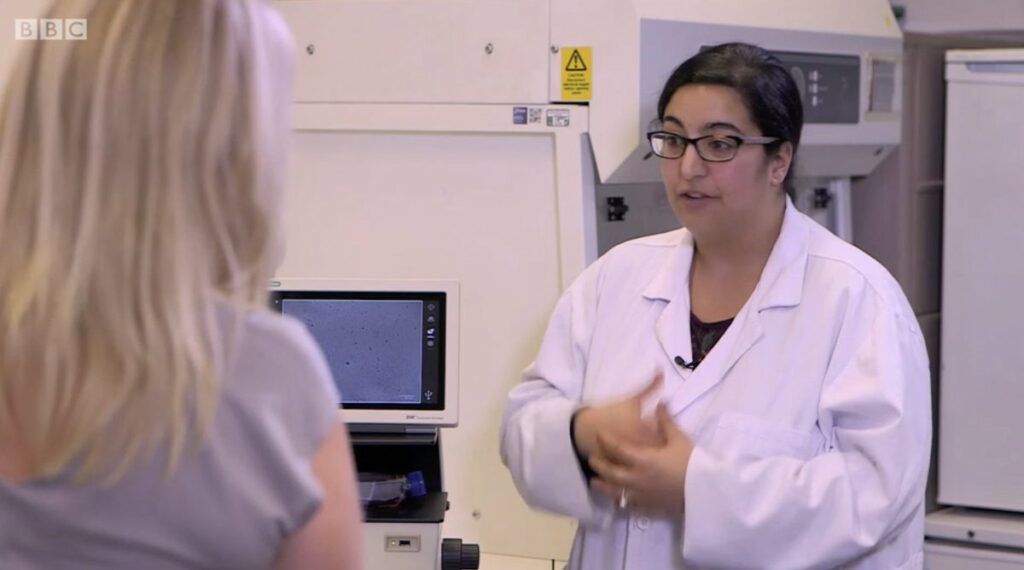
Dr Ronan Berg
University Hospital Righospitalet, Denmark
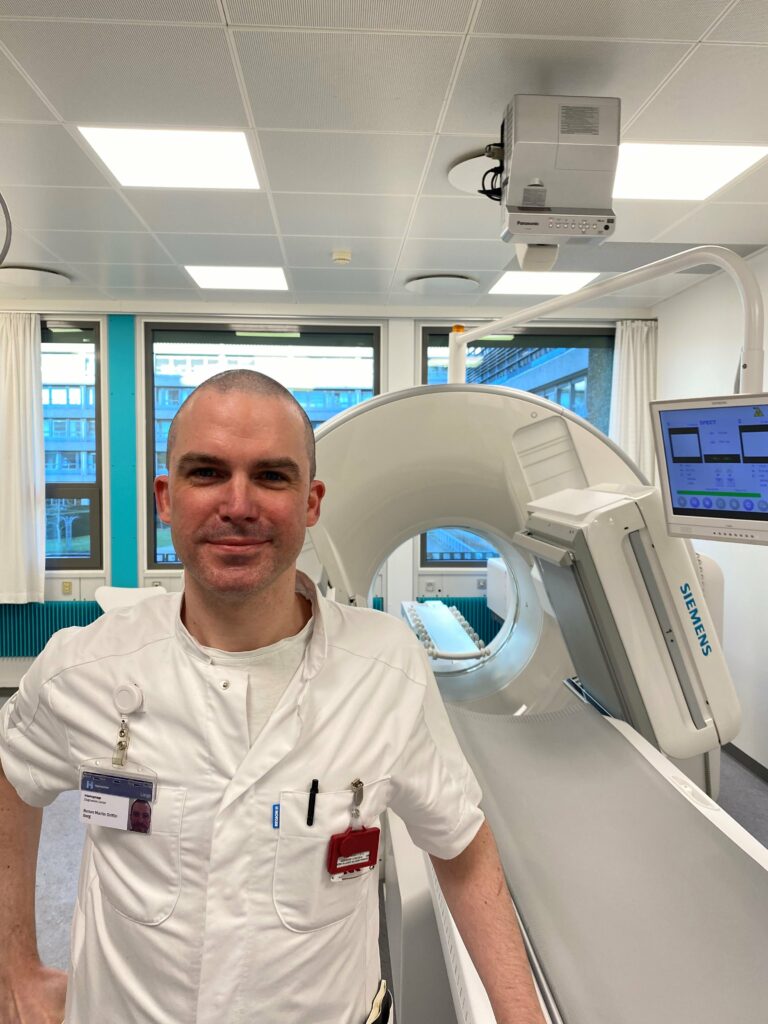
What inspired you to study physiology and pursue a career in it?
It was my inner detective that led me to study medicine. From the very beginning of my studies, my main interest was physiology, the science that seeks to uncover the mysteries of the body.
What excited you to be part of the Editorial Board?
I have always loved how Physiology News bridges the gap between in-depth physiological science and popular science. To me, Physiology News is the National Geographic of physiology. And I do love to communicate science myself as well, both to colleagues, students and to the general public. So, when I saw that opportunity to join the Editorial Board, I just knew I had to give it a chance. As with experimentation and teaching, I consider editorial work an integral and very important part of my work as a scientist. My term at Physiology News is now coming to an end, and it has been an incredibly inspiring experience. I will continue my efforts and apply what I have learned at Physiology News in my new role as Deputy Editor-in-Chief on the journal editorial team for The Society’s Experimental Physiology.
Do you have any interesting anecdotes from your time serving on the Editorial Board?
I had the privilege of serving as guest editor on Physiology News Issue 117 “Space Physiology: To Mars and Beyond” (https://www.physoc.org/issue-numbers/winter-2020-issue-number-117/). The whole thing was just such a great experience. The authors were all so enthusiastic, and for a while it felt like we were indeed planning a trip to outer space. Being a bit of a control freak, I was involved in almost all steps of the completion of the issue, including very detailed instructions (I must have been so annoying!) to the Spanish artist Martin Sati who designed the cover art for us, cleverly juxtaposing biological organs and systems on a female astronaut on Mars. I was very proud when the issue was launched at NASA’s Human Research Program conference in 2020.
What is your favourite Physiology News article?
I have quite a few favourites. From my own term on the Editorial Board, I think two outstanding articles are “Maintaining your attitude at altitude” (https://doi.org/10.36866/pn.111.24) by Joshua Tremblay and Michael Tymko, and “Ecophysiology and climate change” (https://doi.org/10.36866/pn.118.26) by L. Monica Trondrud and Alina Evans, Norwegian University of Life Sciences, Norway. Both articles elegantly communicate very complex science, while also showing the diverse careers and everyday lives of physiologists.
From the archives, I think John West’s article on the avian lung is legendary: “Did evolution go the wrong path for the human lung?” (https://doi.org/10.36866/pn.65.17). Over the years, Physiology News has published a collection on the physiology of playing music. I particularly recommend reading Sheila Young’s “A physiological study of Mozart’s clarinet concerto” (Physiology News 19, pp. 28-29, 1995).

Dr Dervla O’Malley
University College Cork, Republic of Ireland
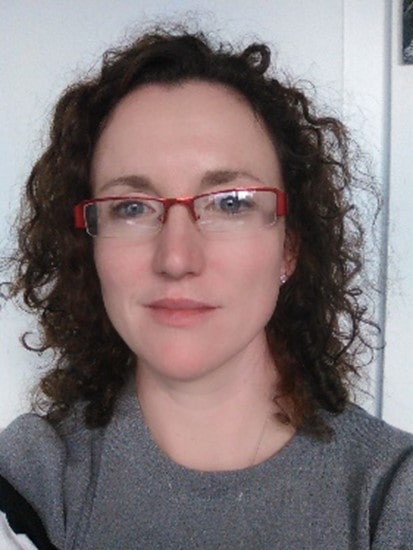
What inspired you to study physiology and pursue a career in it?
Having completed my undergraduate degree in Biomedical Sciences and not being completely sure where I wanted to go next in my career, I took a year out to explore the world and also try to figure out what my next steps should be. Having funded my travels with many uninspiring temping positions, I knew that job satisfaction was going to be critical to my long-term career happiness. I undertook a PhD in Neurophysiology and soon realised that a career aimed at figuring out “how” biological events happen, although frustrating at times, provided the practical and intellectual challenges that keep monotony at bay and ensure that I am happy to go to work each Monday. The most rewarding aspects of my career are having the independence to pursue interesting questions and the ability to share my curiosity with future physiologists.
Do you have any interesting anecdotes from your time serving on the Editorial Board?
Expecting to be the only Irish physiologist, I was happily surprised by the strong Irish links on the Editorial Board (even if many had expanded their geographical horizons beyond the Emerald Isle). To echo the sentiments of Professor David Paterson, President of the Physiological Society, it is encouraging to see that Irish physiologists continue to be at the heart of the Society.
What do you value most about being a member of The Society? Which member benefits have you found most useful over the years?
It is wonderful to join other physiologists from around the world, who share the passion and curiosity of trying to figure out how the body works. The Society has taken great strides in being open and inclusive, with the aim of making physiology flourish beyond the research labs and lecture halls.
What is your favourite Physiology News article?
During my tenure as an editor of Physiology News, the edition that I found most stimulating was Physiology News Issue 117 “Space Physiology: To Mars and Beyond” (https://www.physoc.org/issue-numbers/winter-2020-issue-number-117/). With articles that covered many of the physiological systems, this edition presented evidence of how malleable mammalian physiology is in the context of a dramatically altered environment. Life that has evolved under specific environmental and gravitational conditions are unprepared for the insults of space travel and yet, the evidence demonstrates physiological adaptation. This edition clearly demonstrated that if people are to survive and thrive on other planets, understanding the physiological impact of the challenges to be faced will be critical for success.
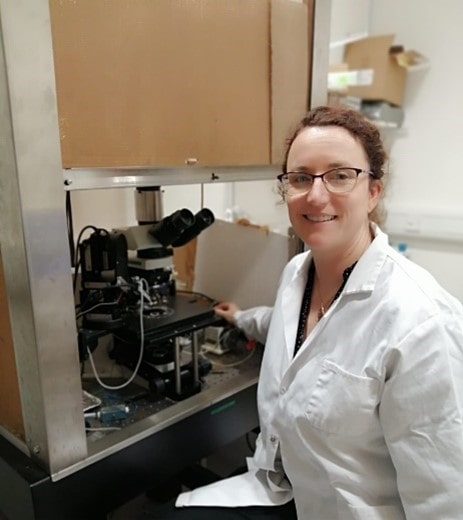
Dr Michael Preedy
Yale University School of Medicine, US

What inspired you to study physiology and pursue a career in it?
Keep this to yourself, but I’m not really a physiologist. Pharmacology was the trade I learned. But a pharmacologist must be a “jack of all trades,” as Sir John Gaddum put it (1900 – 1965). And one cannot proceed very far in understanding how a drug affects a system without knowing a little something of how the system works in the first place.
What excited you to be part of the Editorial Board?
Essentially, to communicate science and gain practical experience in engaging audiences. It’s too easy to disregard science communication because it’s someone else’s problem to deal with, not to mention the laziness of that attitude. It doesn’t matter if you work at a university, a hospital, or in the private sector, if you’re a scientist then you must shoulder some responsibility for ensuring that scientific content is communicated well.
What is your favourite Physiology News article?
Dr Sean Roe, Queen’s University Belfast, UK wrote a compelling feature article on the legacy of Sir Gordon Morgan Holmes in the Winter Issue 124 discussing the far-reaching influence of Holmes’ life and work on science worldwide (https://doi.org/10.36866/pn.124.32). Why? All I can do is encourage you to read it and you’ll understand why it is a must-read for anyone.
Dr Philip Lewis
University Hospital of Cologne, Germany
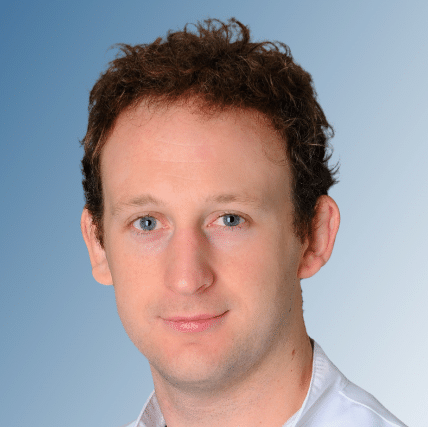
What inspired you to study physiology and pursue a career in it?
A general interest in – and an aptitude for – understanding human biology led me from general science to physiology during my undergrad at University College Dublin, Ireland. Thereafter, and in addition to general interest, it was a case of the right people being around me at the right times who were inspirational and helped put me (and keep me) on this career route. This includes classmates, lecturers, project supervisors, postdoctoral colleagues, etc. I have been very lucky in this regard.
What excited you to be part of the Editorial Board?
Being part of the Editorial Board was a chance to experience another side of science, to meet new people, and to give something back to The Society that has helped me so much over the years. The extra workload involved seemed very manageable (which is also due to the way the board is run). The experience would look good on my CV (I was on fixed-term postdoctoral contracts at the time of application for the position). New experiences and meeting new people often lead to new opportunities (and they did). I did not see any downside (and there was none!).
What is your favourite Physiology News article?
It is impossible to select just one. It seems that every issue contains some material that I take note of for teaching. As guest editor for the “Chronobiology and Sleep Special Issue”a few years ago, I would recommend dipping into all the articles published in that issue (https://www.physoc.org/issue-numbers/physiology-news-113/). Over the years, the magazine has published many fascinating articles on comparative physiology, which even non-physiologists would find stimulating reads. I suggest browsing through past issues to see for yourself. Given that I currently work at an institute specialising in occupational and environmental medicine, a particularly relevant article that stayed with me is “Physiology to the Rescue” written by Professor Mike Tipton and Dr Gemma Milligan from the Climate Change Special Issue (https://www.physoc.org/magazine-articles/physiology-to-the-rescue/).
Many thanks to The Physiological Society and to the Physiology News Editorial Board for this excellent experience!
Dr Richard Hulse
Nottingham Trent University, UK
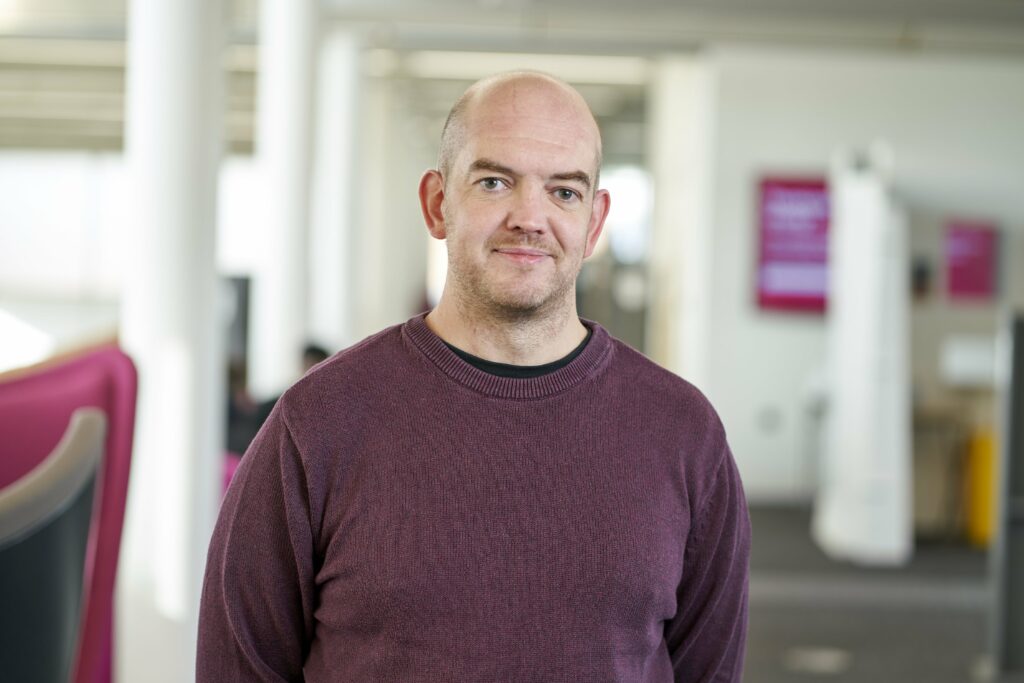
What inspired you to study physiology and pursue a career in it?
It has always been my ambition to investigate how an organism works. I was particularly drawn to neuroscience, eager to understand how neurons work and cause neurological disease. It is fascinating how neurons have the capability to adapt or alter during different stresses and the impact this has upon our ability to survive and function.
What do you value most about being a member of The Society?
As I have moved through academia The Physiological Society has supported me, from being a PhD student through to becoming an academic member of staff. I applied for my first grant funding through The Society’s travel grant schemes, which enabled me to attend a variety of Society meetings. I gave my first oral presentation with The Society, who provided the initial opportunity to present my work to larger audiences. A story I always tell my students, as you can only improve your presenting and speaking skills with practise. Now I encourage our current generation of students to engage with The Physiological Society to take advantage of the opportunities provided and to benefit from their support. Being a member on the editorial board for Physiology News has enabled me to work more closely with The Society, increasing engagement with the current themes that are becoming more prominent in physiology and to showcase this work to a wider audience.
